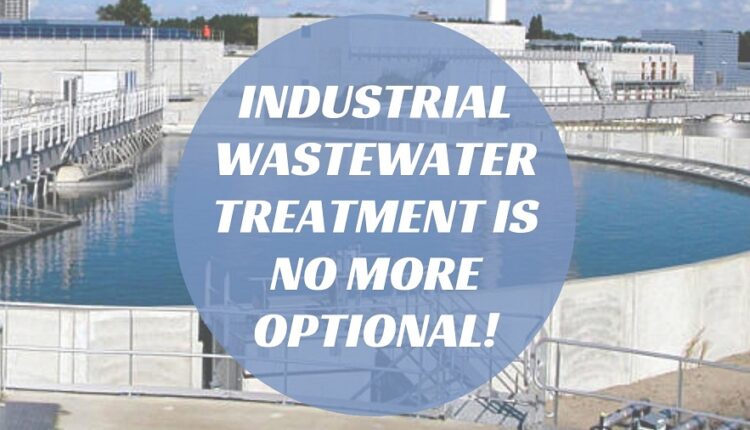Industrial Wastewater Treatment is No More Optional: Cleantech Water
The environmental effects of industrial usage must be considered, not only on the land but also on our environment through water consumption and waste disposal. The wastewater from industries tends to worsen groundwater pollution and cause other environmental problems. It reduces the nutrients in groundwater and increases the levels of carbon dioxide in the atmosphere. Furthermore, it leads to chemical drift, increasing the levels of harmful substances in the land where they can damage biological life and have an adverse impact on agricultural activities. Thus, industrial wastewater treatment is a necessity for the entire world.
Our industrial use of water concerns both waste production and consumer demands. The problem here is choosing what materials should go where. This becomes more complex as elements are disposed of away by industries. Many pollutants are concentrated over long distances from the source into coastal waters. Thus it’s essential to understand why ocean pollution presents such a challenge today to realize the importance of treating the wastewater from industries.
Reasons Why Wastewater Treatment is a Necessity
1. Treated Wastewater has Multiple Uses
Treated wastewater can is suitable for agriculture use to be advantageous for water recycling and repurposing. Recycling is a practice that the Indian industry prefers when using treated wastewater for horticulture and gardening. At the same time, initiatives such as the thermal power industry use treated water for ash treatment.
2. Wastewater Treatment Can Help Save Water
In mining, purified wastewater is used to wash ore for pollution control, and one of the main reasons for wastewater treatment is water scarcity. Wastewater treatment plants can help to purify water and eliminate the situation in developing countries.
3. Prevention is Better than Cure
Organic substances, metals, and the like that are present in wastewater can be removed before they are discharged on land or water for reuse in plant operation.
Industrial plants such as iron and steel mills produce wastewater from various processes. Mining and quarrying have large amounts of sewage from specialized techniques that use water to separate materials such as coal from surrounding rocks, sand, dirt, and gravel. Wastewater treatment is a mixture of solid water obtained from so-called sludge.
4. Wastewater is Essential to Protect Environment
Most industries are responsible for wastewater, but very few work to repair damage caused.
Industrial wastewater is the product of oil and gas, mining, and chemical companies and the food and beverage industries, which are indispensable for the production of clothing on the back, shoes on the feet, computers on the fingertips, and cars to drive. Wastewater treatment, collection, and discharge are essential to protect human health and the environment around water quality; modern wastewater treatment helps create value from the materials, energy, and water in wastewater streams.
To know more, please check Cleantech Water.

